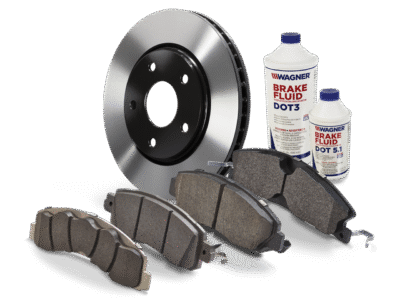
How to Deal with Excessive Oil Consumption in the Fiat Tipo
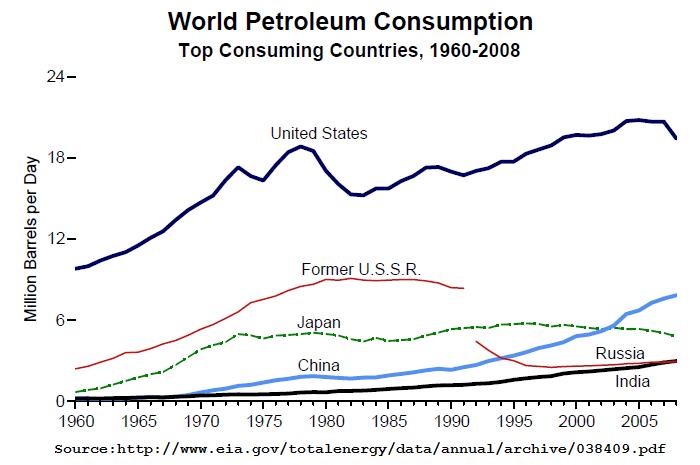
The Fiat Tipo is a popular model known for its style and performance, but some owners have reported issues with excessive oil consumption. This problem can lead to increased maintenance costs and potentially damage the engine if left unchecked. Dealing with excessive oil consumption requires a thorough understanding of its causes and implementing the necessary fixes. In this article, we'll explore the common reasons behind this issue in the Fiat Tipo and provide guidance on how to diagnose and address it effectively to keep your vehicle running smoothly. Regular checks can help prevent major problems.
Diagnosing and Addressing Excessive Oil Consumption in Your Fiat Tipo
Dealing with excessive oil consumption in your Fiat Tipo can be a frustrating experience. The first step is to understand that excessive oil consumption is not normal and can be a sign of an underlying issue. The Fiat Tipo, like many vehicles, is designed to consume a certain amount of oil, but when this consumption exceeds the manufacturer's specifications, it's a cause for concern. To tackle this issue, it's essential to identify the root cause, which could range from worn piston rings to leaking valve stem seals or even a faulty PCV (Positive Crankcase Ventilation) system.
Identifying the Causes of Excessive Oil Consumption
The causes of excessive oil consumption in the Fiat Tipo can be varied. One of the primary reasons is engine wear and tear, where components like piston rings and cylinders wear out over time, allowing oil to seep into the combustion chamber. Another common cause is leaks around the engine, such as around the valve cover gasket or oil drain plug. Identifying these issues early on is crucial to prevent further damage.
Inspecting and Maintaining Your Fiat Tipo to Prevent Excessive Oil Consumption
Regular maintenance is key to preventing excessive oil consumption. This includes regular oil checks to ensure the oil level is within the recommended range, oil changes at the intervals specified by the manufacturer, and inspections for any signs of leaks or wear. It's also important to check the PCV system for any blockages or faults, as a malfunctioning PCV system can lead to increased oil consumption.
Repairing and Replacing Components to Address Excessive Oil Consumption
Once the cause of excessive oil consumption is identified, the necessary repairs can be undertaken. This might involve replacing worn or damaged components such as piston rings, valve stem seals, or gaskets. In some cases, a complete engine overhaul might be necessary, especially if the engine has suffered significant wear. The cost of these repairs can vary widely depending on the nature of the issue and the labor rates of the repair shop.
| Cause | Description | Potential Repair |
|---|---|---|
| Worn Piston Rings | Allows oil to enter the combustion chamber | Replace piston rings |
| Leaking Valve Stem Seals | Causes oil to leak into the combustion chamber | Replace valve stem seals |
| Faulty PCV System | Leads to increased pressure and oil consumption | Clean or replace PCV system components |
How to stop excessive oil consumption?

To stop excessive oil consumption, it's crucial to first understand the sources of oil usage in daily life and then implement changes to reduce it. One of the primary areas of focus is the transportation sector, where a significant amount of oil is consumed. Promoting the use of electric or hybrid vehicles can significantly reduce oil consumption. Additionally, improving public transportation and encouraging practices like carpooling or using bicycles for shorter distances can also contribute to reducing oil usage.
Improve Vehicle Efficiency
Improving vehicle efficiency is a critical step in reducing excessive oil consumption. This can be achieved through regular maintenance of vehicles, such as ensuring proper tire pressure, changing oil regularly, and replacing air filters. Moreover, driving habits play a significant role; practices like driving at moderate speeds and avoiding sudden accelerations can improve fuel efficiency.
- Regularly check and maintain the recommended tire pressure to improve fuel efficiency.
- Change the oil and replace air filters as per the manufacturer's schedule to ensure the engine runs smoothly.
- Avoid aggressive driving habits like speeding and rapid acceleration.
Promote Alternative Modes of Transportation
Promoting alternative modes of transportation is another effective way to reduce oil consumption. Investing in efficient public transportation systems, such as buses and trains, can significantly decrease the number of private vehicles on the road. Encouraging the use of bicycles or walking for shorter distances not only reduces oil consumption but also contributes to a healthier lifestyle.
You may be interested in reading Diagnosing Jerking Engine Problems in the Fiat Tipo
Diagnosing Jerking Engine Problems in the Fiat Tipo- Use public transportation for daily commutes whenever possible.
- Consider carpooling or ride-sharing with friends, family, or colleagues.
- For shorter distances, opt for walking or cycling as a healthier and more environmentally friendly alternative.
Enhance Energy Efficiency in Industries
Industries are among the largest consumers of oil, using it for various purposes including as a fuel and in the production of goods. Enhancing energy efficiency in industries can significantly reduce oil consumption. This can be achieved by adopting more energy-efficient technologies and practices, such as using LED lighting, optimizing production processes, and improving insulation in buildings.
- Adopt energy-efficient technologies and machinery to reduce energy consumption.
- Implement practices that optimize production processes and reduce waste.
- Improve building insulation and use energy-efficient lighting and HVAC systems.
What are the two main causes of excessive oil consumption?
The two main causes of excessive oil consumption are worn engine components and incorrect engine assembly or maintenance. When engine components such as piston rings, cylinders, and valves become worn, they can allow oil to seep into the combustion chamber, where it is burned along with the fuel. Similarly, if the engine is not assembled or maintained correctly, it can also lead to excessive oil consumption.
Engine Wear and Tear
Engine wear and tear is a major contributor to excessive oil consumption. As engine components wear out, they can no longer perform their intended functions, allowing oil to leak into the combustion chamber. This can be due to a variety of factors, including high mileage, poor maintenance, or excessive stress on the engine. The effects of engine wear and tear on oil consumption can be seen in the following:
- Increased clearance between piston rings and cylinders, allowing oil to seep into the combustion chamber
- Worn valve stem seals, permitting oil to enter the combustion chamber
- Damaged or worn cylinder walls, enabling oil to bypass the piston rings
Incorrect Engine Assembly or Maintenance
Incorrect engine assembly or maintenance can also lead to excessive oil consumption. If the engine is not assembled correctly, or if maintenance tasks such as oil changes are not performed regularly, it can cause problems that lead to excessive oil consumption. Some common issues that can arise from incorrect engine assembly or maintenance include:
- Incorrectly installed piston rings, leading to increased oil consumption
- Failure to replace worn or damaged engine components, such as valve stem seals
- Inadequate or infrequent oil changes, causing engine wear and tear to accelerate
Consequences of Excessive Oil Consumption
Excessive oil consumption can have significant consequences for the engine and the environment. In addition to increasing the cost of operating the vehicle, excessive oil consumption can also lead to increased emissions and decreased engine performance. Some of the potential consequences of excessive oil consumption include:
- Increased emissions of pollutants, such as particulate matter and hydrocarbons
- Decreased engine performance, due to fouled spark plugs and increased engine wear
- Increased risk of engine damage, due to running low on oil or using the wrong type of oil
Which engine oil is best for Fiat Tipo?
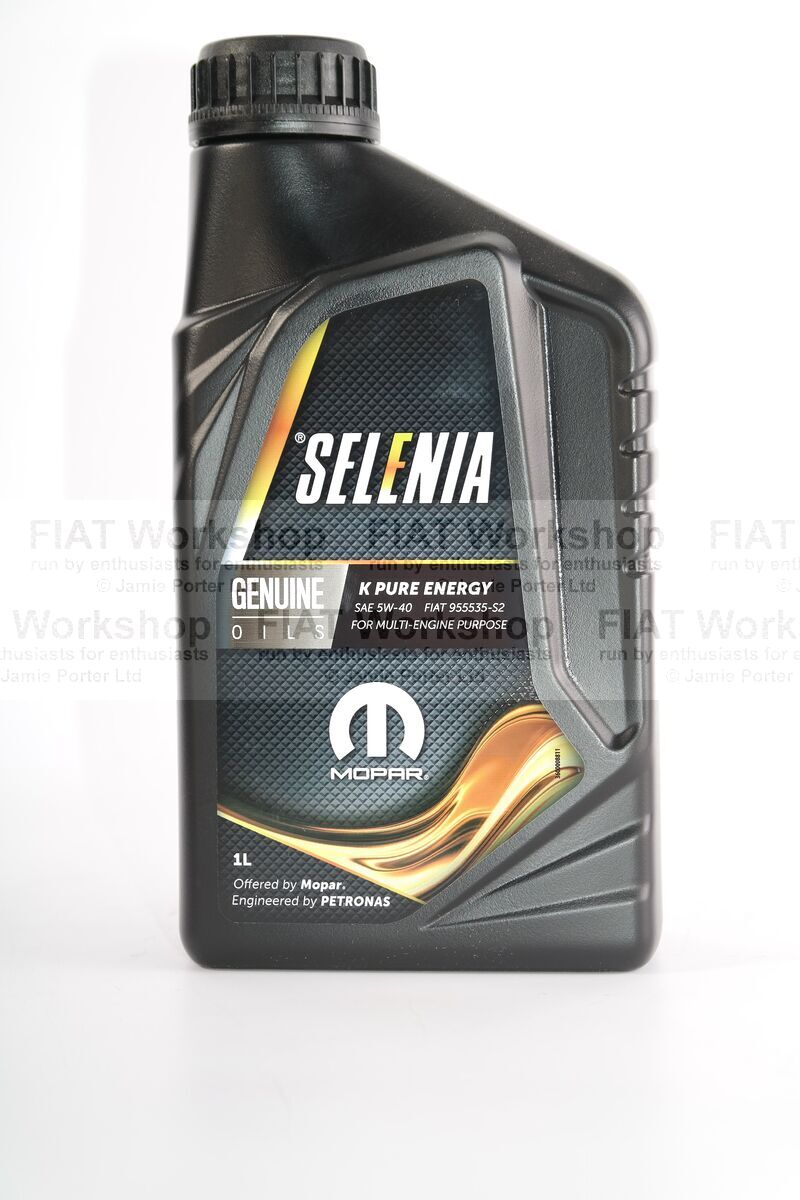
The best engine oil for Fiat Tipo depends on several factors, including the model year, engine type, and driving conditions. Fiat recommends using engine oils that meet certain specifications, such as ACEA (Association des Constructeurs Européens d'Automobiles) and API (American Petroleum Institute) standards.
Engine Oil Specifications for Fiat Tipo
The Fiat Tipo engine requires an oil that meets the ACEA C3 or C4 specifications, which are designed for use in vehicles with advanced emission control systems, such as particulate filters. Using the correct specification oil helps to ensure the longevity of the engine and emission control systems.
You may be interested in reading Diagnosing Jerking Engine Problems in the Fiat Tipo
Diagnosing Jerking Engine Problems in the Fiat Tipo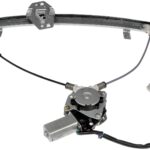 Fixing Electric Window Malfunctions in the Fiat Tipo
Fixing Electric Window Malfunctions in the Fiat Tipo- The recommended viscosity for Fiat Tipo engines is typically 5W-30 or 5W-40.
- Some suitable engine oils for Fiat Tipo include those from reputable manufacturers such as Shell, Castrol, and Total.
- It's also essential to check the owner's manual or consult with a dealership or mechanic for specific recommendations.
Factors to Consider When Choosing Engine Oil for Fiat Tipo
When selecting an engine oil for your Fiat Tipo, consider the climate and driving conditions. For example, if you live in an area with extremely cold winters, a lower viscosity oil may be more suitable. Conversely, if you drive in hot climates or tow a trailer, a higher viscosity oil may be more appropriate.
- Consider the age and condition of your engine when choosing an oil.
- Synthetic oils can provide better performance in extreme temperatures and may be more suitable for driving conditions that involve frequent stop-and-go traffic.
- Some engine oils are designed to be more fuel-efficient, which can be beneficial for drivers who prioritize fuel economy.
Benefits of Using the Correct Engine Oil in Fiat Tipo
Using the correct engine oil in your Fiat Tipo can have several benefits, including improved engine performance, increased fuel efficiency, and reduced emissions. The right oil can also help to extend the life of your engine by reducing wear and tear on moving parts.
- Regular oil changes can help to keep your engine clean and well-lubricated.
- The correct oil can help to reduce the risk of engine damage caused by overheating or corrosion.
- Using the recommended oil can also help to maintain your vehicle's warranty and ensure compliance with emissions regulations.
What is most likely to cause high oil consumption?
What is most likely to cause high oil consumption is often related to the condition and maintenance of a vehicle's engine. When an engine is not properly maintained, it can lead to increased oil consumption due to various factors such as worn piston rings, cylinder wall wear, or valve stem seal issues.
Engine Wear and Tear
Engine wear and tear is a significant factor that contributes to high oil consumption. As engine components wear out over time, they can allow oil to seep into the combustion chamber and get burned along with the fuel. This not only increases oil consumption but can also lead to decreased engine performance and potentially cause damage to other engine components.
- Worn piston rings can allow oil to enter the combustion chamber.
- Cylinder wall wear can also contribute to oil consumption by allowing oil to bypass the piston rings.
- Valve stem seal issues can cause oil to leak into the combustion chamber.
Poor Engine Maintenance
Poor engine maintenance is another significant factor that can lead to high oil consumption. Failing to regularly check and maintain the oil level, not changing the oil frequently enough, and neglecting to replace worn-out engine components can all contribute to increased oil consumption.
- Infrequent oil changes can lead to the degradation of engine oil, reducing its effectiveness.
- Failing to check oil levels regularly can result in running the engine with low oil levels.
- Not replacing worn-out engine components can lead to further engine damage.
Driving Habits and Conditions
Driving habits and conditions can also impact oil consumption. Aggressive driving, frequent city driving, and driving in extreme temperatures can all contribute to increased oil consumption.
- Aggressive driving can put additional stress on the engine, leading to increased oil consumption.
- Frequent city driving can result in more frequent engine stop-starts, which can increase oil consumption.
- Driving in extreme temperatures can affect the viscosity of the engine oil, potentially leading to increased consumption.
Frequently Asked Questions
What are the common causes of excessive oil consumption in the Fiat Tipo?
Excessive oil consumption in the Fiat Tipo can be caused by worn piston rings, cylinder wall wear, or faulty valve stem seals. Other factors include clogged PCV systems, excessive engine wear, or improper maintenance. Identifying the root cause is crucial to prevent further engine damage and reduce oil consumption.
How can I diagnose excessive oil consumption in my Fiat Tipo?
To diagnose excessive oil consumption, check the oil level regularly and look for signs of leaks. Monitor the dashboard warning lights and check for blue smoke from the exhaust. You can also perform a compression test or leak-down test to identify internal engine issues. Consult a mechanic if you're unsure about the diagnosis or need further assistance.
You may be interested in reading Diagnosing Jerking Engine Problems in the Fiat Tipo
Diagnosing Jerking Engine Problems in the Fiat Tipo Fixing Electric Window Malfunctions in the Fiat Tipo
Fixing Electric Window Malfunctions in the Fiat Tipo Maintaining the Fiat Tipo’s Digital Dashboard Display
Maintaining the Fiat Tipo’s Digital Dashboard DisplayWhat are the potential consequences of ignoring excessive oil consumption?
Ignoring excessive oil consumption can lead to severe engine damage, including catalytic converter failure, engine seizure, or even complete engine failure. It can also cause increased emissions, decreased fuel efficiency, and potentially lead to costly repairs. Addressing the issue promptly is essential to prevent further damage and maintain your vehicle's performance.
Can I fix excessive oil consumption in my Fiat Tipo myself?
Some causes of excessive oil consumption can be addressed by DIY repairs, such as replacing the PCV system or valve stem seals. However, more complex issues like worn piston rings or cylinder wall wear may require professional mechanical assistance. Consult a repair manual or seek guidance from a qualified mechanic to determine the best course of action for your specific situation.

If you want to know other articles similar to How to Deal with Excessive Oil Consumption in the Fiat Tipo you can visit the category Fiat Tipo.
Leave a Reply





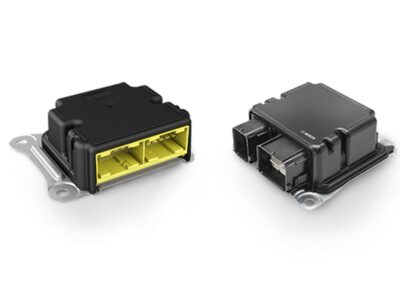

More content of your interest